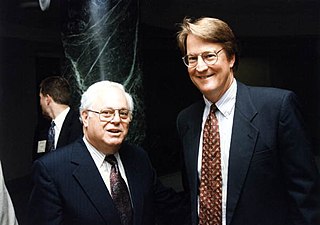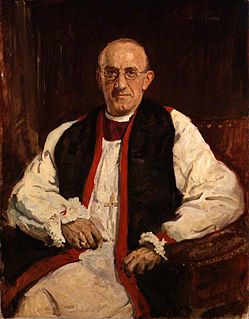A Quote by Torbjorn Tannsjo
I want to think that there are better ways of obviating murder than to resort to capital punishment, but I realise that this may be wishful thinking on my part.
Related Quotes
We have a legal system, and this is not something that happens all the time. We have capital punishment. America has capital punishment. Iran has capital punishment. Iran hangs people and leaves their bodies hanging on cranes. Iran put to death more than a thousand people last year. I don't see EU reporting on it.
I have been brought up in a culture where capital punishment is indeed anathema. I have always thought of myself as a principled opponent to capital punishment. However, when thinking about how the topic is handled in other cultures, in particular the American, Russian and Chinese ones, I have realised that my own tack on the issue was utterly superficial.
Violence never really deals with the basic evil of the situation. Violence may murder the murderer, but it doesn’t murder murder. Violence may murder the liar, but it doesn’t murder lie; it doesn’t establish truth. Violence may even murder the dishonest man, but it doesn’t murder dishonesty. Violence may go to the point of murdering the hater, but it doesn’t murder hate. It may increase hate. It is always a descending spiral leading nowhere. This is the ultimate weakness of violence: It multiplies evil and violence in the universe. It doesn’t solve any problems.
I would love to believe that when I die I will live again, that some thinking, feeling, remembering part of me will continue. But as much as I want to believe that, and despite the ancient and worldwide cultural traditions that assert an afterlife, I know of nothing to suggest that it is more than wishful thinking.
When in Gregg v. Georgia the Supreme Court gave its seal of approval to capital punishment, this endorsement was premised on the promise that capital punishment would be administered with fairness and justice. Instead, the promise has become a cruel and empty mockery. If not remedied, the scandalous state of our present system of capital punishment will cast a pall of shame over our society for years to come. We cannot let it continue.































